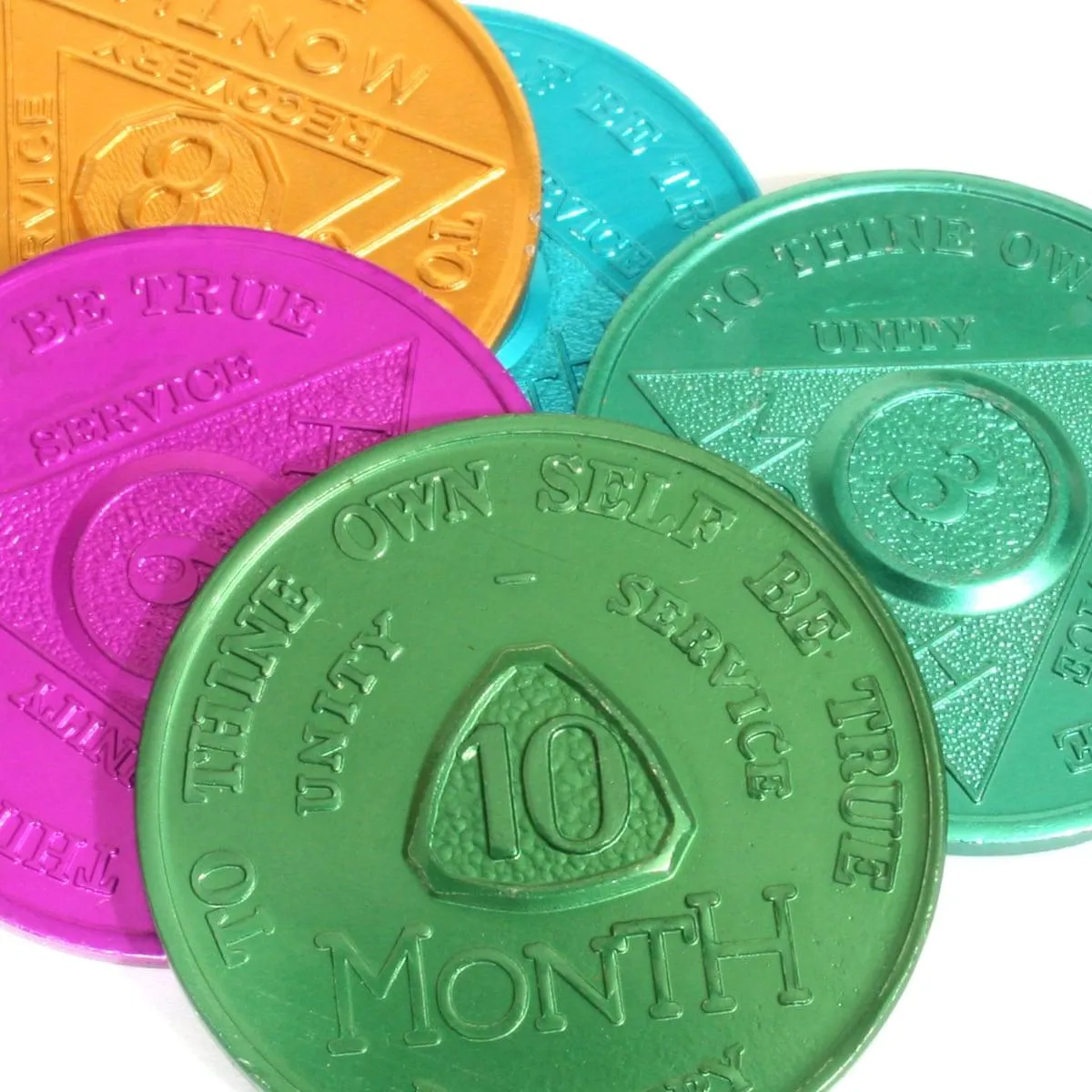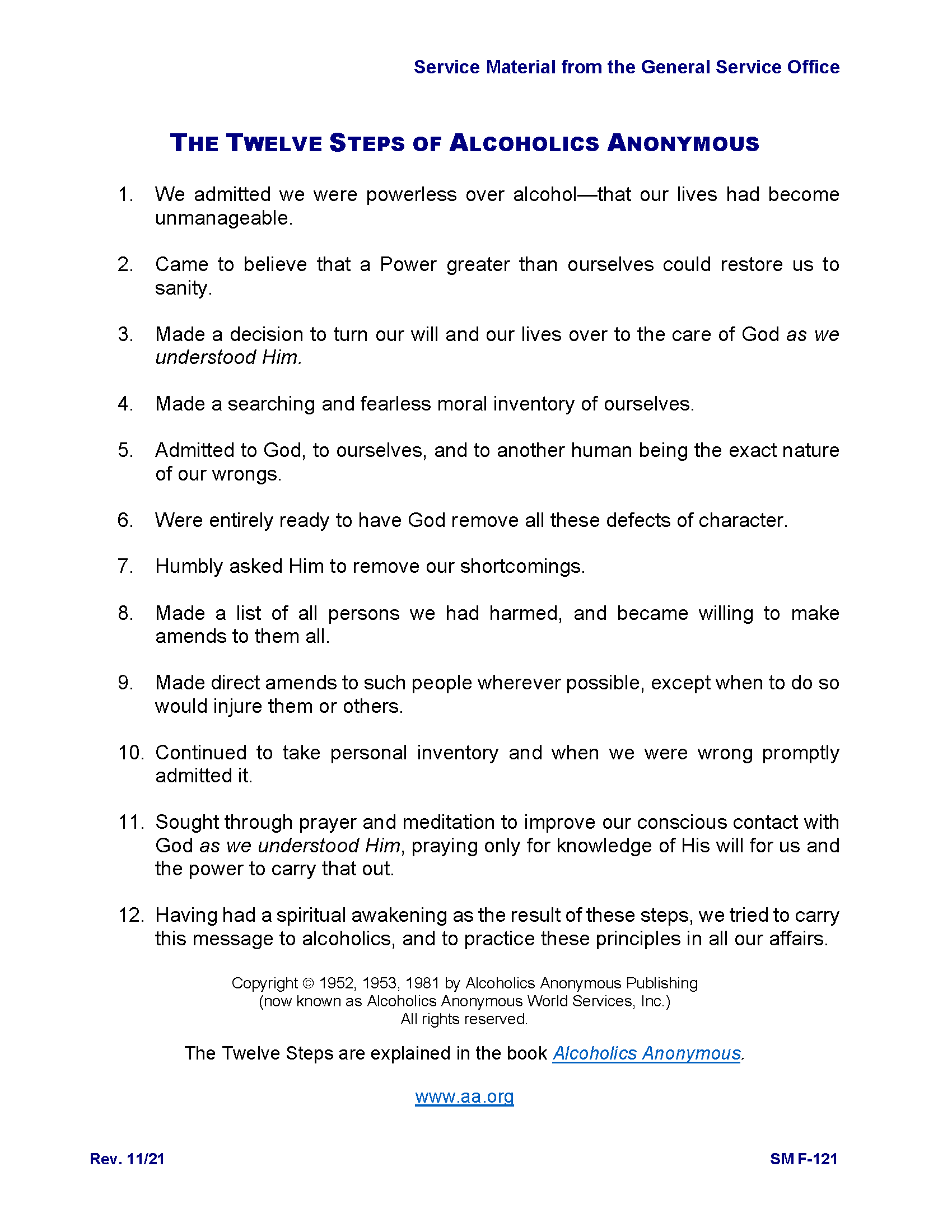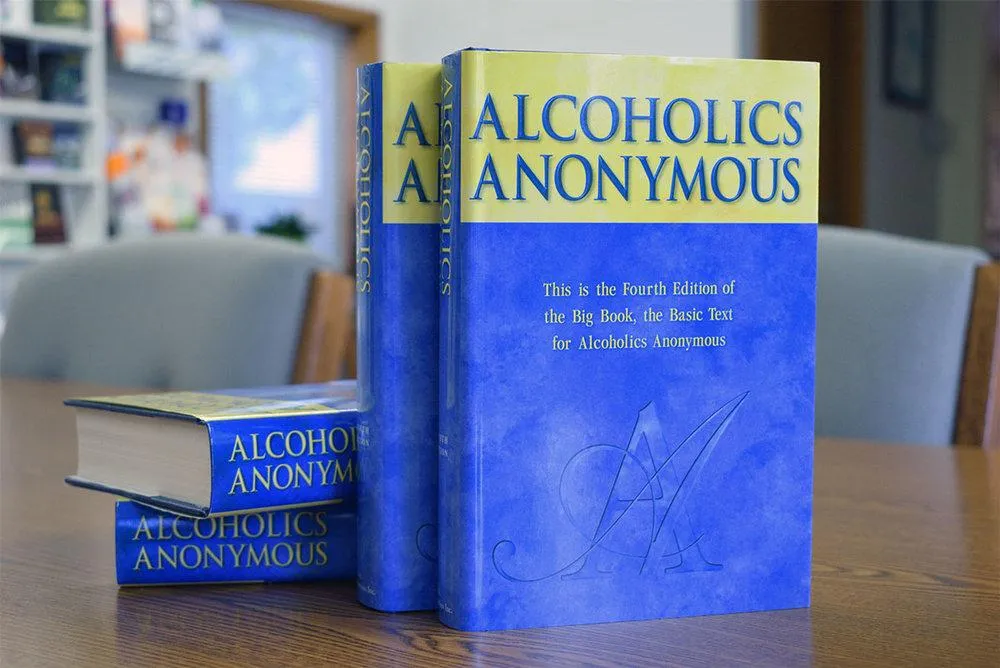12 Step Programs do not work for everyone.
Limitations Of Alcoholics Annonymous
Los Angeles, where the recovery community is vast, it’s common to see individuals with as little as six weeks of sobriety sponsoring newcomers. While mentorship is valuable, inexperienced sponsors may not have the depth of knowledge or stability to provide the right level of guidance. This cycle can diminish recovery outcomes, leaving individuals feeling unsupported or even discouraged.
What Is AA
Alcoholics Anonymous (AA) is one of the most well-known recovery programs for individuals struggling with alcoholism. Founded in 1935, AA is a 12-step, peer-support organization designed to help individuals achieve and maintain sobriety. The program is based on principles of spirituality, self-reflection, and group accountability. While AA has helped millions, scientific research and personal experiences reveal that it does not work for everyone.
Here we explores how AA works, its effectiveness, and why it fails many individuals. We will examine the scientific perspectives on addiction recovery, the role of spirituality in AA, and the issues that make the program unwelcoming or ineffective for many.

Take the First Step to Real Recovery - Book Your Free Consultation Today

How Alcoholics Anonymous Works
The 12-Step Program
AA operates through 12 guiding principles that emphasize surrendering to a higher power, taking responsibility for past actions, and helping others recover.
The core steps include:
Admitting powerlessness over alcohol.
Believing in a higher power for restoration.
Making a moral inventory of past wrongs.
Making amends to those harmed.
Committing to continued self-examination and spiritual growth
AA meetings are based on peer support, where individuals share their struggles and experiences. Membership is free and anonymous, with no professional leadership—meetings are run by members themselves.
AA’s Real Success Rates
Scientific studies show mixed results regarding AA’s effectiveness. According to a study published in Alcohol Research & Health, AA is successful for some but ineffective for many.
A Cochrane Review found that AA has a long-term abstinence rate of around 10-20%. The National Institute on Alcohol Abuse and Alcoholism (NIAAA) reports that 40-60% of people relapse within a year of beginning treatment, including AA participation.
Research from Stanford University suggests AA can be effective for those who fully engage, but many do not stay long enough to benefit.
These statistics highlight a key limitation—AA only works for those who can fully integrate into the program. This leaves a significant portion of alcoholics without effective support.
Take the First Step to Real Recovery - Book Your Free Consultation Today
Why AA Fails Many People
While AA has helped millions, it alienates many others due to its rigid structure, religious focus, social dynamics, and lack of professional guidance.
A. The Role of God and Spirituality
One of the most controversial aspects of AA is its reliance on spirituality. The program encourages members to “turn their will over to a higher power.”
Many atheists and agnostics struggle with AA’s religious framework:.
While AA claims that a higher power can be anything, meetings frequently use Christian terminology. Those who reject faith-based approaches often find AA ineffective.
According to a 2019 study in The Journal of Substance Abuse Treatment, individuals who do not believe in a higher power are less likely to complete the 12 steps and have lower success rates in AA.
B. The Issue of Large Egos and Social Hierarchies
AA meetings are run by members, not professionals, leading to power struggles and ego-driven leadership.
Some members act as self-appointed experts, despite no formal training in addiction treatment.
Certain long-time members dominate discussions, making newcomers feel unheard.
Instead of support, criticism and judgment often deter individuals from returning.
This lack of professional structure creates an unequal power dynamic where those with strong personalities or leadership roles control the tone of meetings.
C. Negative Treatment of Newcomers:
New members, known as “newcomers,” are often treated poorly, which can drive them away from the program.
Some long-time members display a condescending attitude, dismissing newcomers’ concerns.
Relapse is sometimes met with blame rather than support.
Criticism of AA’s structure is often discouraged, making it hard for newcomers to express doubts.
Studies show that a positive, welcoming environment increases long-term success. A 2020 American Journal of Psychiatry study found that supportive environments enhance recovery rates by up to 30%—a standard that many AA meetings fail to meet.
D. Lack of Personalization and Professional Guidance
AA’s one-size-fits-all approach fails to address individual needs.
No medical or psychological support is provided.
Members struggling with mental health disorders (depression, PTSD, anxiety) often find that AA does not address these issues.
AA does not recognize medication-assisted treatment (MAT), even though studies show that medications like Naltrexone and Antabuse improve recovery outcomes.
A 2018 study from The New England Journal of Medicine found that medication-assisted treatment improves sobriety rates by 50% compared to abstinence-only programs like AA.
Take the First Step to Real Recovery - Book Your Free Consultation Today

Alternative Approaches to AA
For those who do not find success with AA, several alternative recovery models exist that may be more effective.
A. SMART Recovery
Science-based, non-religious alternative.
Uses Cognitive Behavioral Therapy (CBT) to modify addictive behaviors.
Encourages self-empowerment and personal responsibility.
B. Medication-Assisted Treatment (MAT)
Uses FDA-approved medications to manage cravings and withdrawal symptoms.
Combined with therapy, MAT improves long-term sobriety rates.
C. Therapy and Counseling
Cognitive Behavioral Therapy (CBT) and Dialectical Behavioral Therapy (DBT) are highly effective.
Trauma-informed therapy helps address underlying psychological causes of addiction.
D. Sober Coaching and Personalized Recovery Plans
One-on-one coaching provides tailored support.
Helps clients navigate real-world sobriety challenges.
Incorporates lifestyle changes and career support for professionals.
.
TESTIMONIALS
"To Thine Own Self Be True"
"Paul doesn’t just coach—he listens. He doesn’t fire you if you’re struggling or judge you for not being perfect. He helped me feel strong enough to go back to meetings and be real, without worrying about how others would judge me. That made all the difference."
- Allen - 2 yrs

"I Found Me Again"
"I was so tired of people telling me I wasn’t 'working a good program' just because I didn’t do things their way. Paul helped me see that recovery is mine to own, and that I don’t need to fit into someone else’s version of sobriety. He gave me the courage to be honest without fear."
- Luke - 4 yrs

Balanced Perspective on AA
Alcoholics Anonymous has helped millions achieve sobriety, but it is not a universal solution. The program works best for those who resonate with its structure, but many individuals struggle with its religious focus, social dynamics, and lack of professional guidance. Scientific research suggests that personalized recovery approaches—such as therapy, medication-assisted treatment, and sober coaching—can be more effective for those who do not fit into AA’s framework.
For those considering AA, it is essential to explore all recovery options and choose the path that best fits their individual needs, beliefs, and lifestyle.
If AA has not worked for you, consider a structured, professional alternative like sober coaching to achieve long-term sobriety.
Take the First Step to Real Recovery - Book Your Free Consultation Today
Book Sober Coach LA
Real-Life Strategies Without the Judgement
Single Session (1 Hour): $200 - Ideal for quick, focused support or tackling immediate challenges.
4 Weekly Sessions (1 Month Package): $750 (Save $50) - Regular support to build momentum and keep you on track.
2 Sessions Per Week (8 Sessions/Month): $1,300 (Save $200) - Intensive support for those needing consistent guidance.
On-Demand Emergency Session: $200: Immediate help when cravings or challenges hit.
Confidentiality and Privacy - NDAs Available: Whether you’re a public figure, a professional, or just value your privacy, you can trust that everything discussed during our coaching sessions remains strictly confidential.
Sober companion rates available for daily, 24/7 overnight, one week, or one month. Call 310-384-8253 for rates.
Book Free 15 Min Consultation

AA and the Lost Hope: How Alcoholics Anonymous Has Strayed from Its Mission
AA and the Lost Hope: How Alcoholics Anonymous Has Strayed from Its Mission ...more
Recovery
March 21, 2025•6 min read

How Addiction Affects a Person: A Comprehensive Guide
Addiction is a complex and chronic disease that impacts every aspect of a person’s life. Whether it’s substance abuse or behavioral addiction, the effects can be devastating on physical health, mental... ...more
Recovery
March 21, 2025•4 min read

Why AA and 12-Step Programs Aren’t for Everyone
Not everyone fits into the mold of AA or 12-Step programs. Discover why some people struggle with traditional recovery methods and explore practical, no-nonsense alternatives with Sober Coach LA. ...more
Recovery
March 21, 2025•6 min read

The services offered by Sober Coach LA are not intended to diagnose, treat, cure, or prevent any disease or medical condition.